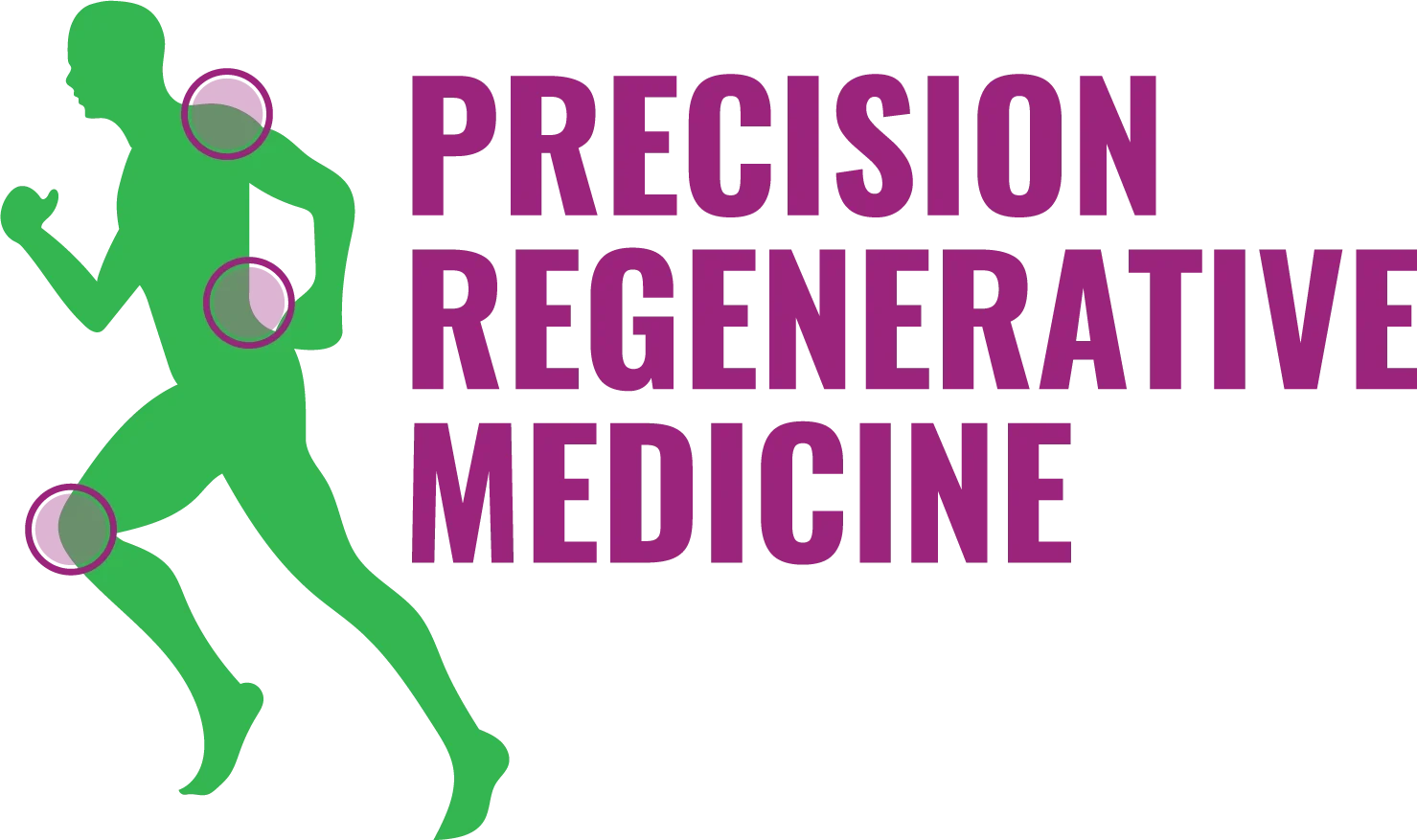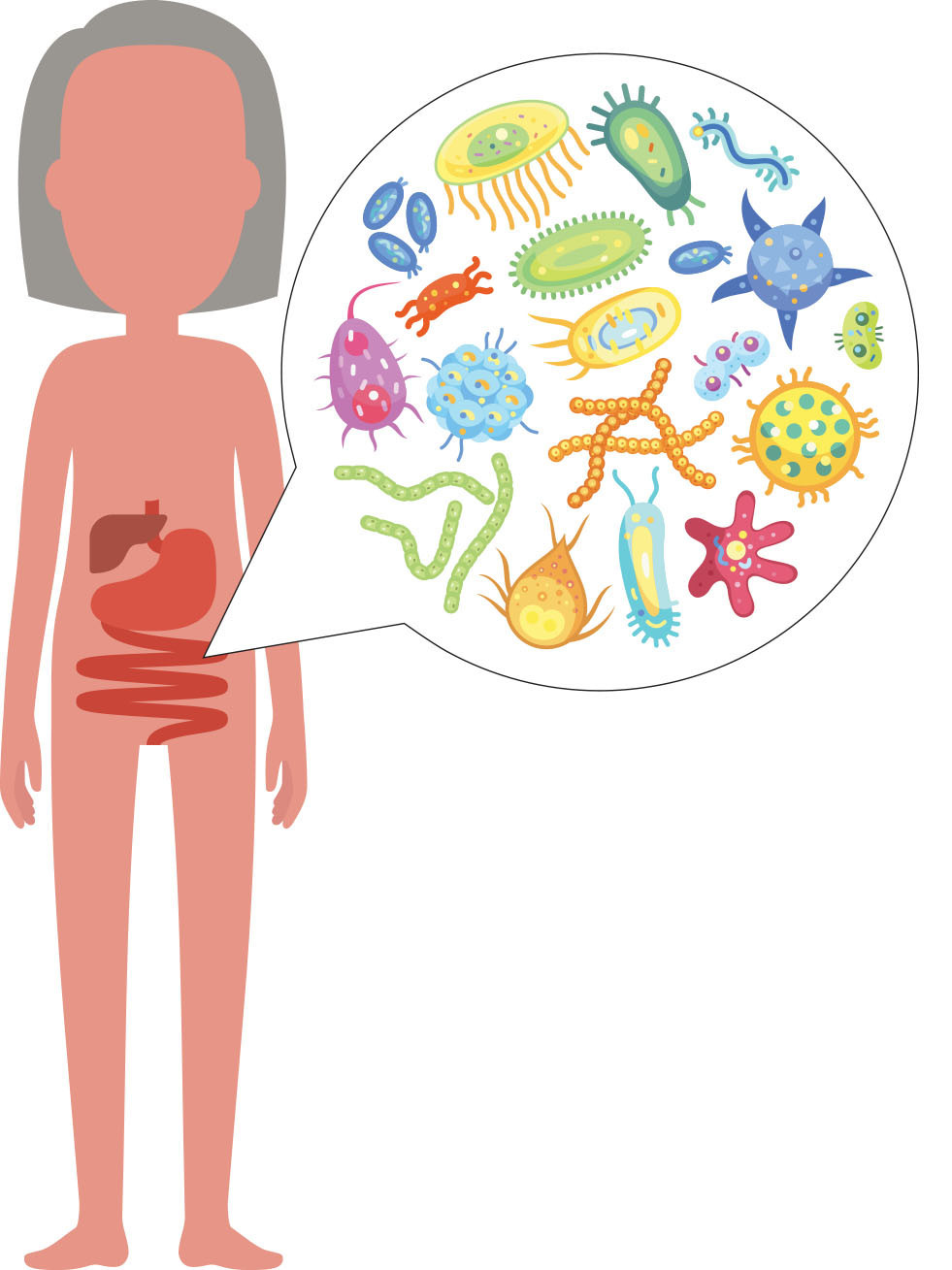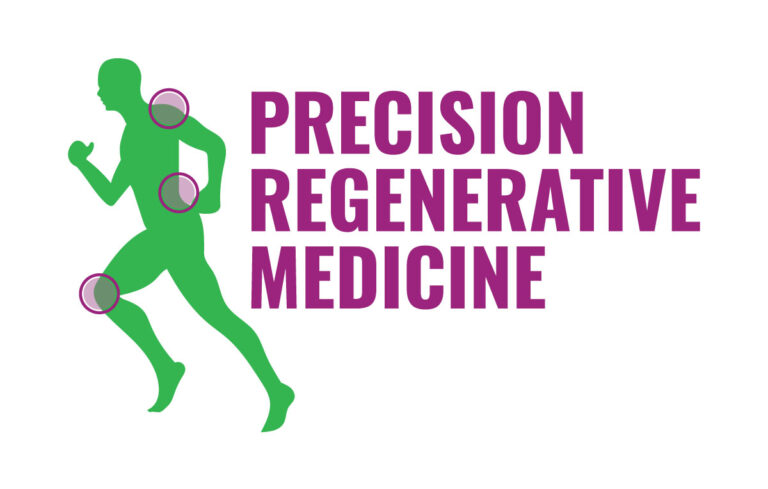We Hear a Lot About the Gut Microbiome. What Exactly Is It?
Those looking to boost their physical, mental, and emotional wellness often look for solutions outside themselves. However, more and more emphasis is being put on the importance of maintaining our gut health, and for a good reason.
At Precision Regenerative Medicine, our lifestyle medicine specialist Tammy Penhollow, DO, specializes in strategies that support the gut microbiome. She helps people find the right probiotics and other supplements that keep the gut in balance to optimize overall wellness.
What to know about the gut microbiome
Within the gut microbiome is the genetic material of the microbes that live inside and on your body, including viruses, bacteria, fungi, and protozoa. Your gut microbiome also contains 200 times the number of genes than in the human genome.
The microbiome is essential to your health and function. It also contributes to your risk factors for chronic diseases like cancer, inflammatory disorders, and depression. It’s also acknowledged that certain autoimmune diseases may be passed through family lines through the microbiome rather than DNA.
Your microbiome plays a role in many functions of the body, including:
- Digestion of food
- Immune system regulation
- Protection against disease-causing bacteria
- Production of vitamin B12 and other essential nutrients
While the microbiome is responsible for many critical biological processes, its existence largely wasn’t recognized until the late 1990s.
How your gut microbiome gets out of balance
There are a few ways your gut’s microbiome tries to get your attention when it’s out of balance. The primary cause of a gut imbalance is a poor diet.
The good bacteria in your body thrives on plant foods and fiber. Bad bacteria prefer sugar and processed foods. Eating many unhealthy foods can lead to the bad bacteria outnumbering the good.
Other factors that can cause gut microbiome imbalance include:
- Stress
- Travel
- Lack of sleep
- Food sensitivities
- Excessive alcohol use
- Use of antibiotics and other medications
When an imbalance develops, you might experience various digestive issues such as gas, bloating, and constipation. An imbalanced gut microbiome can also cause mood changes, memory and concentration difficulties, and poor skin health.
If you have any of these issues, schedule an appointment at Precision Regenerative Medicine. Dr. Penhollow can review your symptoms and recommend probiotics and other gut health supplements to restore balance in your microbiome.
More ways to rebalance the gut microbiome
In addition to taking probiotics that supplement your gut microbiome with more good bacteria, Dr. Penhollow can recommend other strategies you can use to support your overall health.
These strategies might include:
- Eating more grains and fresh fruits and vegetables
- Following an anti-inflammatory diet
- Identifying food sensitivities and allergies
- Improving sleep habits
- Lowering stress levels
Staying active also supports your gut health. When you move your body physically, it also gets your digestive system moving to keep the microbiome healthy and in balance.
Dr. Penhollow works closely with you on a lifestyle plan you can implement into your routine to support your physical, emotional, and mental wellness.
Call the Precision Regenerative Medicine office in Scottsdale, Arizona, to learn more about the options available to improve your gut microbiome health, or book an appointment online today.


